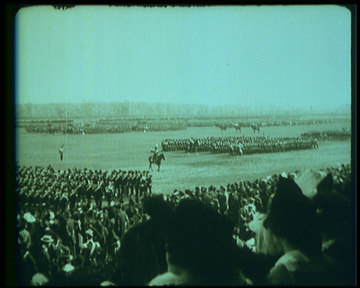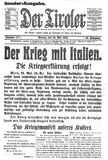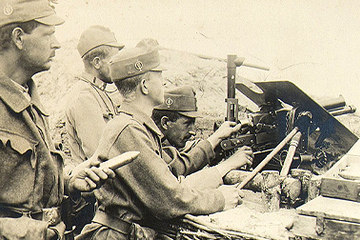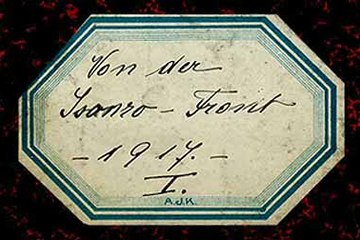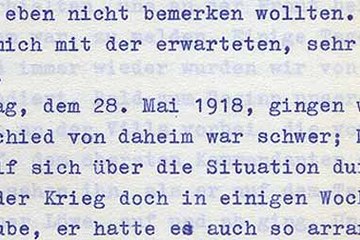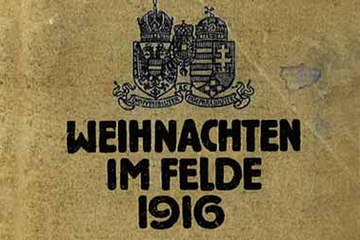Between August 1914 and May 1915 heated debates took place in Italy on the country’s stance towards the emerging ‘peoples’ struggle’. Wherever one looked, opposing opinions on whether to enter the war were to be found at conferences and assemblies, in newspaper articles and proclamations, on demonstrations and marches.
‘Interventionists’, i.e. those opposed to any further neutrality, were clearly at a disadvantage. The defenders of neutrality had in Giovanni Giolitti a powerful advocate of their concerns. Catholics, Socialists and Liberals saw in him the figurehead of a shadow government which, moreover, felt that it enjoyed the support of a majority of the population.
What’s more, the advocates of war in no way formed a homogenous group. Besides republicans, reformers, radical socialists, anarchists or futurists, military and political leaders also excelled in this camp, for whom in principle an obedient ‘people of subjects’ was sufficient, instead of a ‘defensive state citizen in the war of values’, as envisaged by ‘more progressive powers’. Moreover, calm Realpolitik guided the nationalist right-wing, whose ‘interventionism’ combined with an explosive irredentism aimed at territorial expansion and the ‘liberation of Italian countries’.
Under the motto ‘sacro egoismo’, Prime Minister Antonio Salandra endeavoured to unite the various currents. Italy’s ‘legittimi interessi’ did not yet seem to block the path to an agreement primarily with Austria – especially if they received several cessions of territory in return. Initially, however, the effect failed to materialise. Abroad the slogans of the Roman government appeared to confirm prejudices about their Machiavellian methods. Domestically, on the other hand, interventionist circles and protagonists of national self-determination did not rally round Salandra, while his attitude already sounded alarm bells for advocates of peace.
Although the Danube Monarchy for its part did everything within its power to influence public opinion in Italy and to strengthen pro-Austrian or at least ‘neutralist’ circles, supporters of neutrality continually declined in significance. After a final test of strength, which boiled down to a duel between Salandra und Giolitti, almost provoking a national crisis, interventionist currents eventually prevailed, also due to pressure from the streets.
Hürter, Johannes (Hrsg.): Der Kriegseintritt Italiens im Mai 1915, München 2007
Isnenghi, Mario/Rochat, G.: La grande guerra 1914–1918, Mailand 2000

